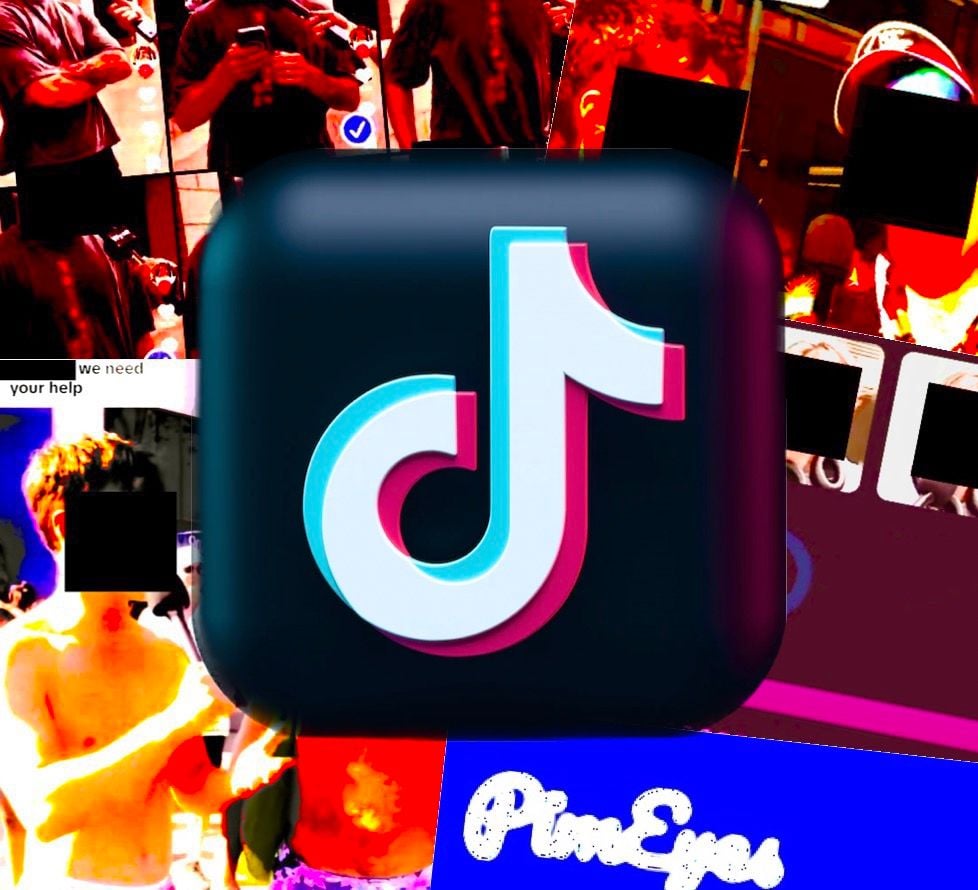A viral TikTok account is doxing ordinary and otherwise anonymous people on the internet using off-the-shelf facial recognition technology, creating content and growing a following by taking advantage of a fundamental new truth: privacy is now essentially dead in public spaces.
The 90,000 follower-strong account typically picks targets who appeared in other viral videos, or people suggested to the account in the comments. Many of the account’s videos show the process: screenshotting the video of the target, cropping images of the face, running those photos through facial recognition software, and then revealing the person’s full name, social media profile, and sometimes employer to millions of people who have liked the videos. There’s an entire branch of content on TikTok in which creators show off their OSINT doxing skills—OSINT being open source intelligence, or information that is openly available online. But the vast majority of them do it with the explicit consent of the target. This account is doing the same, without the consent of the people they choose to dox. As a bizarre aside, the account appears to be run by a Taylor Swift fan, with many of the doxing videos including Swift’s music, and including videos of people at the Eras Tour.
404 Media is not naming the account because TikTok has decided to not remove it from the platform. TikTok told me the account does not violate its policies; one social media policy expert I spoke to said TikTok should reevaluate that position.
The TikTok account, conversations with victims, and TikTok’s own lack of action on the account show that access to facial recognition technology, combined with a cultural belief that anything public is fair game to exploit for clout, now means that all it takes is one random person on the internet to target you and lead a crowd in your direction.
One target told me he felt violated after the TikTok account using facial recognition tech targeted him. Another said they initially felt flattered before “that promptly gave way to worry.” All of the victims I spoke to echoed one general point—this behavior showed them just how exposed we all potentially are simply by existing in public.
…



Use your real name and photo online, they said. What could go wrong, they said.